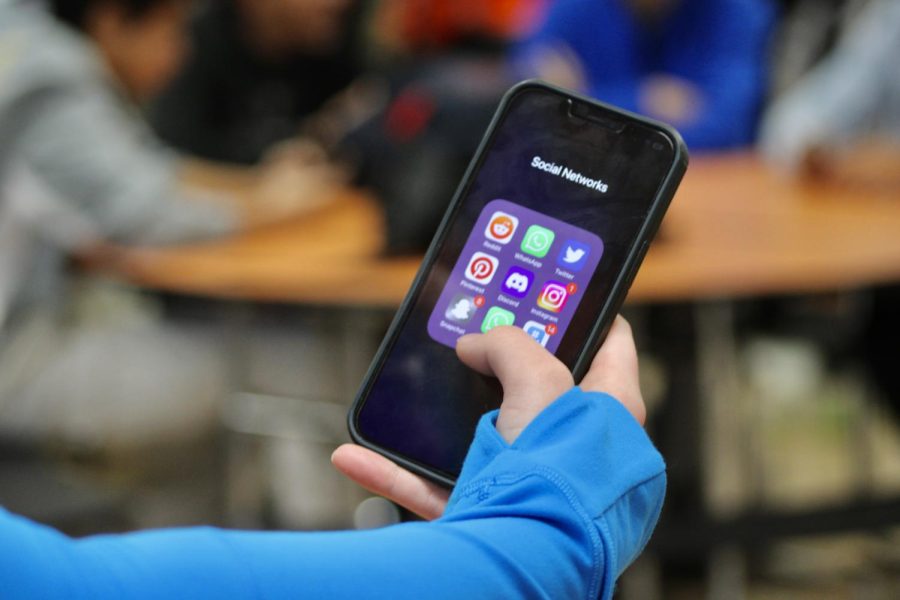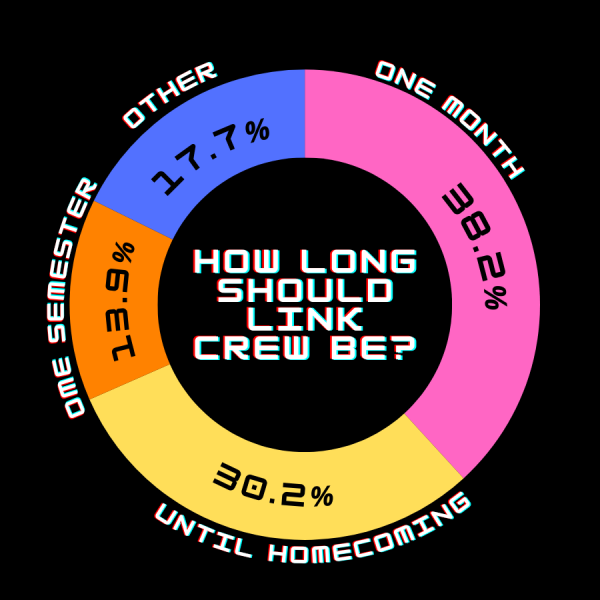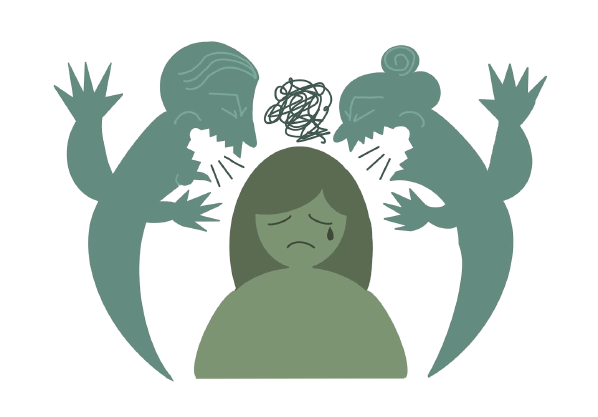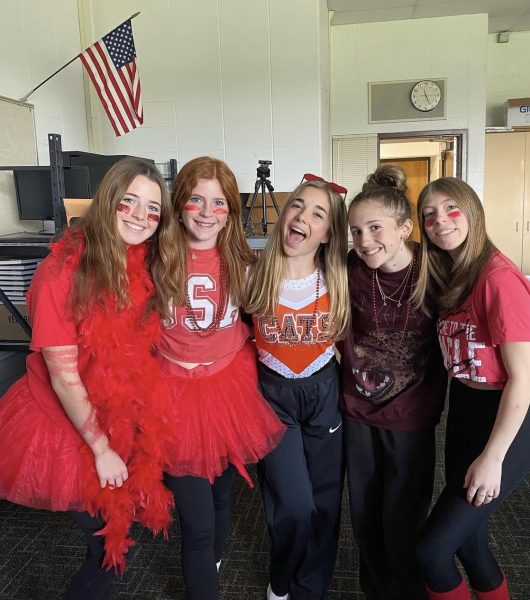The Futility of Seeking Reality on Social Media
The generation of students currently in high school has grown up at the height of the Digital Age, a period marked by rapid technological advancement. We were born alongside the onset of social media.
How we use social media has evolved, but two main tenets remain the same: communication and entertainment.
Above all, social media is for talking with people. More often, especially when we were younger, we used it to talk to our friends. However, as we’ve gotten older, we may have expanded our audience beyond those we know in real life.
Regardless of what we post, we want to share a part of our life, like a special interest or a hobby or a fun event, with a myriad of people.
But what about when we’re not the content creators, but are the consumers?
That’s where the entertainment aspect comes in. We can explore our various curiosities, whatever they may be, by absorbing what others have made
The internet is such a vast place, and there are people interested in just about every topic under the sun, like your favorite TV show or how to care for the plant you just purchased.
In the case of accounts dedicated to specific topics, the single-minded pursuit of reality in an online identity is unattainable. Someone may have a Chicago Bulls fan account, but all they think about isn’t basketball.
The same goes for what we follow. We could follow an art account, but most of us know that whoever runs the art account has other aspects of their personalities.
The lines grow blurred when it comes to personal accounts on social media. If a person seemingly posts their lives onto social media, it can be hard to distance that from their real life.
Social media can drive us to extremes.
We might present our lives
as more glamorous or hectic or even depressing. If that’s all people see, it’s not hard to make the assumption that those posts are representative.
It’s impossible for social media to accurately reflect reality. No matter what, people can choose what they post, how to present themselves to the world.
The app BeReal has tried to change this by showing off real life. Every day, the app gives users an alert at a random time of the day, and they can post a picture of what they’re doing during a short window after the notification.
However, whether or not the app promotes reality is up for debate. Users don’t have to post during the two minutes; they can wait until later, maybe when they’re doing something more fun.
If sites that appear to be dedicated to presenting realism can’t even follow through, it’s simply impossible. However, that isn’t necessarily a bad thing.
Social media is a form of entertainment. We don’t log onto Instagram to see every single fleeting thought of those we follow. And we certainly don’t want to post about procrastinating a project until midnight the night it’s due.
We’re supposed to be able to display the parts of ourselves we want to display. We should be able to do a Hoco photo dump in which we are dressed up and hanging out with friends, and not have to worry about whether or not we’re giving people a misleading impression of what our lives are really like.
Striving for reality on the internet is largely futile, and doing so harms the very allure of social media.
If people develop strong enough media literacy, to know that what they’re seeing isn’t exactly the whole truth, the lack of realism on social media isn’t an issue. It’s only when people confuse the online with the real world that this can be harmful.
We might see people spending time with friends on social media, and get jealous of them, without realizing that what they’re posting doesn’t reflect how they actually spend their time. That can actively harm our mental health.
It’s easier said than done, to push away our emotions when scrolling and look at things from a realistic standpoint.
But if we work on it, we don’t need to let the fakeness of social media get in the way of our enjoyment. People will always present themselves the way they want to, and we need to comprehend that’s not who they are.












